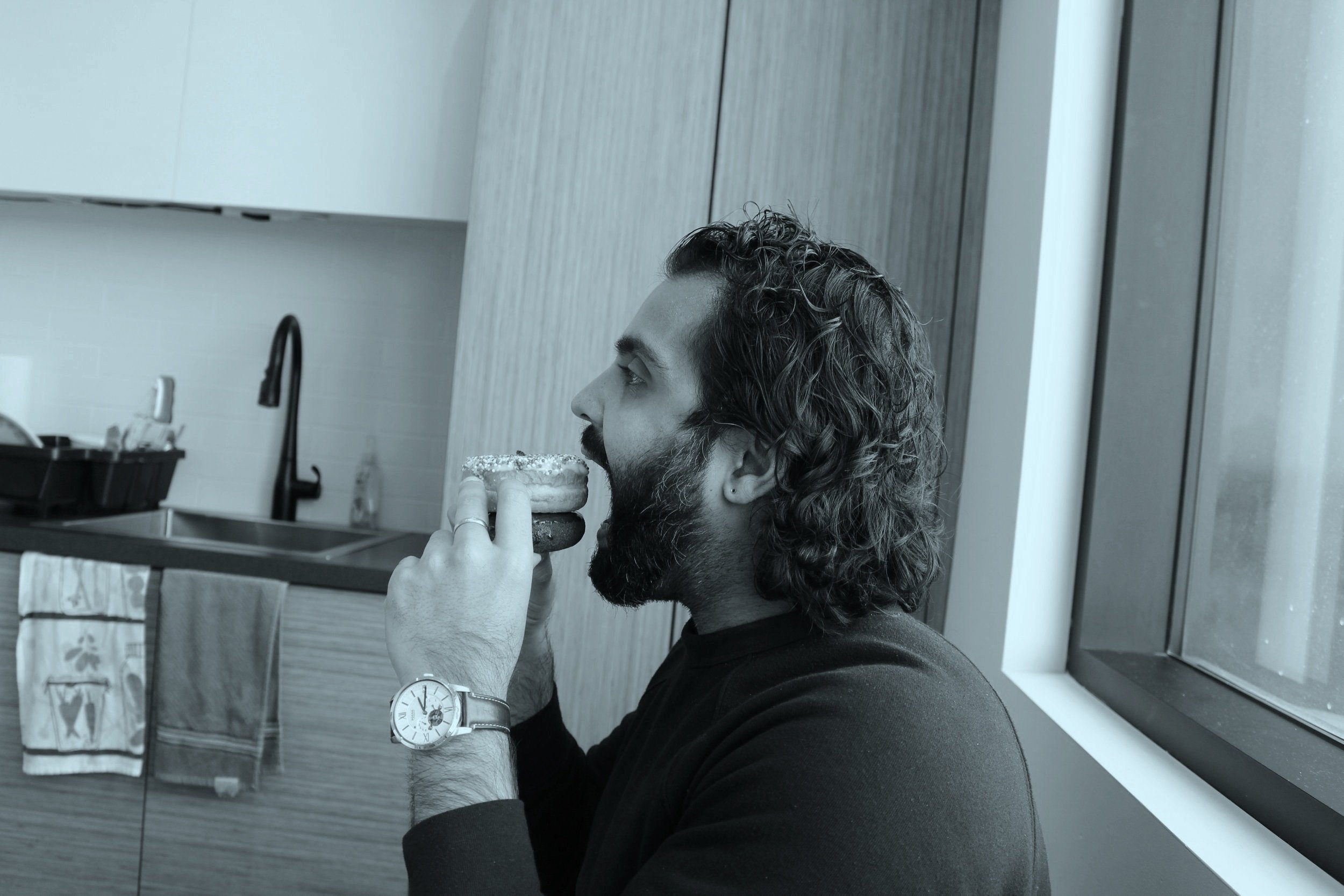Our Approach
Our program integrates TMD specific physiotherapy and massage therapy, to target and alleviate your symptoms. Physical therapy is aimed to relieve jaw pain, reduce inflammation, and restore motor function/mobility. We provide you with self-management techniques to help you manage your TMD symptoms at home.
-
Due to the complexity of the condition, we conduct a thorough TMD assessment that includes:
Detailed history of symptoms
Timeline of symptoms
Questionnaires
Objective exam (Range of motion, strength testing, ligament testing)
Communication + letters to your dentist and/or physician
From here a detailed treatment plan can be formed.
-
Due to evidence and our clinical experience, we utilize a multidimensional treatment plan, including:
Education of your condition
Manual therapy
Home exercises
Self-management techniques
Acupuncture
Dry needling
We consistently follow up with you to progress your program, so you achieve your goals. We work with several Edmonton TMD specialists, dentists, and orthodontist, and we regularly communicate with them to form a collaborative team.
REFERRAL
-
We work with TMD professionals in Edmonton, to ensure your physiotherapy treatment is as effective as possible. We send regular progress reports to your doctor, dentist, orthodontist and TMD specialist to update them.
If you are looking to send us a referral, you can use our TMD referral form HERE.
What is TMD vs. TMJ?
TMJ refers to the temporomandibular joint (jaw), whereas TMD refers to temporomandibular disorders. The temporomandibular joints are one of the most frequently used joint in the body, as they need to open and close up to 2000 times per day. They probably receive the least amount of attention. Simple daily techniques and exercise can help alleviate and prevent symptoms from occurring (Selvam & Ramachandran, 2017).
TMD is a collective term that includes disorders of the TMJ, of the masticatory muscles, and their associated structures. It is characterized by pain, headaches, joint sounds (clicking/popping), and restricted movement (Selvam & Ramachandran, 2017).
Learn More about TMD
-
The caues of TMD is multifactorial and multidimensional, it involves neurobiological, biomechanical, neuromuscular, and biopsychological factors. Due to this we take a multidimensional treatment approach to physiotherapy and ensure that we offer explanations of why symptoms likely occur (Calixtre, Oliveira, Alburquerque-Sendin & Armijo-Olivo, 2020).
-
Tinnitus is the term for hearing sounds in the inner ear that are not from an external source. The cranial nerves run close to the TMJ, and so hyperactivity of these nerves can cause ringing in the ears. The interaction between tinnitus and TMD is a complex issue, but it is known to be more prevalent among those suffering from TMD when compared to the general population. Physiotherapy is shown to provide significant improvements of tinnitus (Feitoza & Menezes, 2018).
-
There is an association between TMD and other craniocervical conditions such as neck pain and headache. The relationship between the TMJ and cervical spine is complex, with many mechanisms at play. Due to this relationship, manual therapy along the cervical region can be beneficial. Evidence shows that treating the cervical spine manually leads to improvements in jaw range of motion, TMJ pain, and sensitivity (Touche et al., 2020).
Symptoms of TMD
jaw Pain
Headaches
jaw Clicking/popping
locking of jaw
tinnitus
Grinding teeth
clenching jaw
feeling of fluid in your ears
TMd is reported in 20-30% of the adult population. It is the main source of chronic orofacial pain.
TMD Research:
Selvam, P. S., & Ramachandran, R. S. (2017). A Comparative Study on the Effectiveness of Manipulative Technique and Conservative Physiotherapy Modalities in Correction of Temporo-mandibular Joint Disorder. Indian Journal of Physiotherapy & Occupational Therapy, 11(3), 195–200. https://doi-org.login.ezproxy.library.ualberta.ca/10.5958/0973-5674.2017.00103.4.
Cavalcante Feitoza, C., & de Lemos Menezes, P. (2018). Prognosis of conservative treatment in individuals with temporomandibular disorders and tinnitus: a systematic review. Muscles, Ligaments & Tendons Journal (MLTJ), 8(1), 123–134.
Calixtre, L. B., Oliveira, A. B., Alburquerque-Sendín, F., & Armijo-Olivo, S. (2020). What is the minimal important difference of pain intensity, mandibular function, and headache impact in patients with temporomandibular disorders? Clinical significance analysis of a randomized controlled trial. Musculoskeletal Science & Practice, 46, 102108. https://doi-org.login.ezproxy.library.ualberta.ca/10.1016/j.msksp.2020.102108.
Cavalcante Feitoza, C., & de Lemos Menezes, P. (2018). Prognosis of conservative treatment in individuals with temporomandibular disorders and tinnitus: a systematic review. Muscles, Ligaments & Tendons Journal (MLTJ), 8(1), 123–134.
Asquini, G., Rushton, A., Pitance, L., Heneghan, N., & Falla, D. (2021). The effectiveness of manual therapy applied to craniomandibular structures in the treatment of temporomandibular disorders: protocol for a systematic review. Systematic Reviews, 10(1), 70. https://doi-org.login.ezproxy.library.ualberta.ca/10.1186/s13643-021-01623-7.
Touche, R. L., García, S. M., García, B. S., Acosta, A. P., Juárez, D. A., Pérez, J. J. F., Angulo-Díaz-Parreño, S., Cuenca-Martínez, F., Paris-Alemany, A., & Suso-Martí, L. (2020). Effect of Manual Therapy and Therapeutic Exercise Applied to the Cervical Region on Pain and Pressure Pain SensitivitSelvam, P. S., & Ramachandran, R. S. (2017). A Comparative Study on the Effectiveness of Manipulative Technique and Conservative Physiotherapy Modalities in Correction of Temporo-mandibular Joint Disorder. Indian Journal of Physiotherapy & Occupational Therapy, 11(3), 195–200. https://doi-org.login.ezproxy.library.ualberta.ca/10.5958/0973-5674.2017.00103.4







